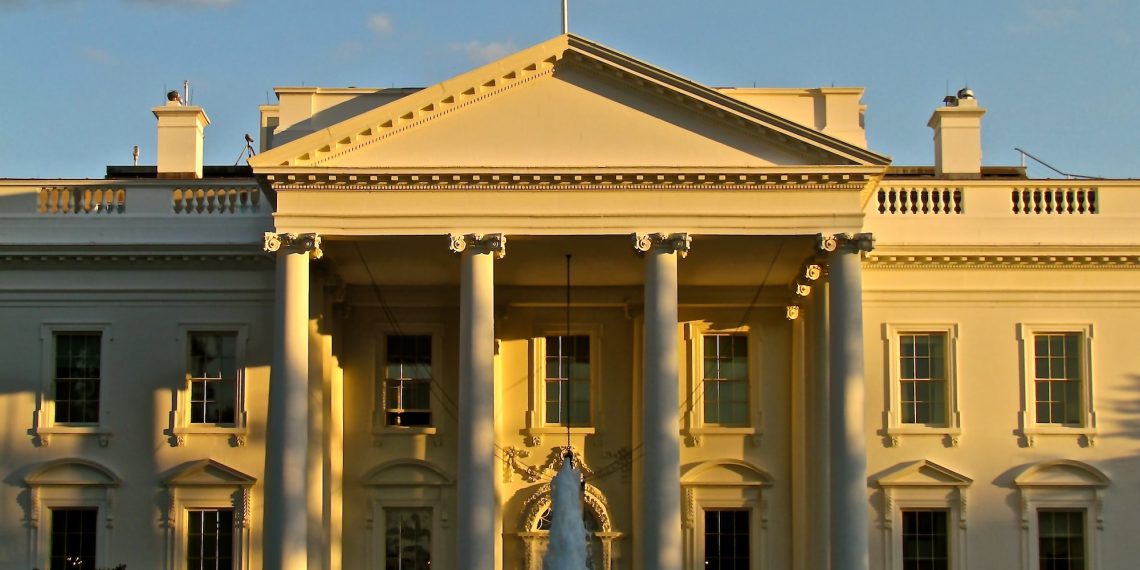On January 27, 2018, four top White House officials published (1) a blog criticizing Congress for failing to establish laws on crypto currencies. They requested lawmakers to hasten the process of developing a regulatory framework for crypto currencies.
The White House pointed the finger at Congress for the delay in developing a comprehensive national regulatory framework for crypto currencies and outlined seven initiatives lawmakers may take to prevent fraud and bad actors in the crypto currency market. The authorities thought that Congress needed to exert a more significant amount of effort.
The article listed several initiatives that Congress may immediately do to presumably strengthen consumer protection rules in the crypto field, including the following ones:
- The authorities of federal regulatory agencies such as the Securities and Exchange Commission (SEC) and the Commodity Futures Trading Commission (CFTC) should be increased further (CFTC)
- Increasing the rules for organizations dealing in crypto currencies to be more transparent and disclose information
- They are helping law enforcement by boosting funds, imposing harsher penalties for breaking current financial regulations, and upgrading those rules so that they also punish intermediaries is one way to do.
- Passing laws that will govern stablecoins and getting them into circulation.
Biden’s advisors expressed concern that the newly elected Republican majority in the House of Representatives may worsen the issue by relaxing restrictions at such a crucial time in the nation’s history.
It would appear that this memo is referring to the recent statement that the House Republican leadership made on the creation of a new panel on crypto assets, financial technology, and inclusion.
The Crypto regulatory framework Not a Priority Under the Biden Administration
Nevertheless, crypto laws have not been a priority for either President Joe Biden or the Democratic Party during the two years when the Democrats controlled the president, the House of Representatives, and the Senate, beginning in early 2021 and continuing until some time ago.
The failure of the UST crypto currency exchange in May and the $32 billion crypto currency exchange FTX in November occurred during this period, which sent shockwaves across the crypto currency market.
Several measures related to crypto currencies are now being discussed in Washington, yet they still need to be put to vote. In December, the Senate brought up the Stablecoin TRUST Act, establishing a federal legal framework for “payment stablecoins.”
Since June of last year, the Senate has been debating the Lummis-Gillibrand Responsible Financial Innovation Act, which would allow the Commodity Futures Trading Commission to regulate crypto currency.
The Digital Commodities Consumer Protection Act (DCCPA), which was proposed in August of last year, would have restricted the power of the SEC to regulate the crypto currency business similarly.
Sam Bankman Fried, the former CEO and creator of FTX, had been a strong advocate for the legislation in Washington. In addition, he was known to have given tens of millions of dollars to politicians from both the Republican Party and the Democratic Party.


















